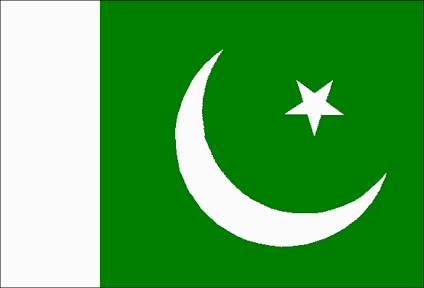





The genesis of the Ghulam Ishaq Khan Institute traces to the early 50's when Mr. Ghulam Ishaq Khan determined to overcome Pakistan's dependence on foreign expertise and imported technology by forming a center of excellence in engineering sciences and production technology. The Institute was formed in December 1985, and its parent body, the Society for the Promotion of Engineering Sciences and Technology in Pakistan (SOPREST), was registered in June 1988.
The task of developing the Institute was conducted by a group of scientists and engineers under the leadership of Dr. Abdul Qadeer Khan. The group produced the feasibility study of the Institute in 1989. Dr. A.Q. Khan agreed to be the Project Director of the Institute and the civil works at the campus site were started in early 1990. The first group of students entered the Institute in October 1993.
The Institute offers Bachelor�s degree programs in Computer System Engineering, Electronic Engineering, Engineering Sciences, Mechanical Engineering, Metallurgy and Materials Engineering. The Faculty of Computer Science and Engineering offers courses leading to both Master (MS) and Doctor of Philosophy (Ph.D.) degrees in Computer Science and Computer Engineering. The Faculty of Engineering Sciences offers a program leading to the degree of Master of Science (MS) in Engineering Sciences, and also offers courses and facilitates for research leading to Doctor of Philosophy (Ph.D) in areas like Modelling and Simulation, Lasers, Superconductors, Semiconductors, Optical materials and Fiber Optics. The Faculty of Metallurgy and Materials Engineering also offers MS degree programs in both Metallurgical Engineering and Materials Engineering. The Faculty also offers courses and research programs leading to Ph.D in the areas such as corrosion engineering, structure-property relationships, phase transformations, processing and characterization of advanced steels, superalloys, ceramic, composite and biomaterials.The students� fees constitute only a fraction of the total cost incurred in running the Institute. It receives financial and other support from diverse sources, its main donors being the Infaq Foundation, Chiniot Anjuman-e-Islamia, Dawood Group of Industries, and the Government of North West Frontier Province [NWFP], which donated land at Topi.
Spreading over an area of more than 400 acres, the Ghulam Ishaq Khan Institute is located in Topi [Topai] in the countryside of the North West Frontier Province of Pakistan. Lying at the foot of lake of Tarbela [the largest earth-filled dam of the world]. Each Faculty of the Institute is housed in a building of its own. Each academic block has its teaching and research laboratories, workshops, a computer center, and offices for the faculty and staff. When the developmental plans of the Institute are fully implemented, it will have 52 laboratories equipped with facilities for research and developmental work.In June 1998 the Commerce Department implemented the Clinton Administration's sanctions on India and Pakistan. The sanctions included a licensing policy of denial for exports and reexports of items controlled for nuclear nonproliferation and missile technology reasons to India and Pakistan. Additionally, the rule added certain Indian and Pakistani government, parastatal, and private entities to the Entity List. A prohibition was imposed on exports and reexports to certain government, parastatal, and private entities in India and Pakistan determined to be involved in nuclear or missile activities.
